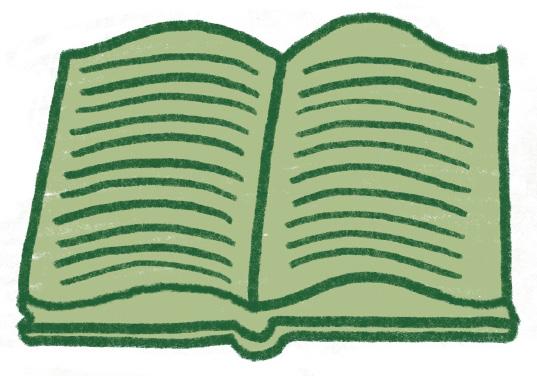
2 minute read
That is the question
By Tessa Kassoff
Choosing whether or not to pursue the IB Diploma is a principal decision for students at Meridian that all grades will eventually be confronted with. The IB Diploma, if picked, will define the basis of the classes a student will take in their junior and senior years.
Advertisement
“The big difference [between the IB Diploma and other paths] is that IB Diploma candidates have to meet the program requirements of what kinds of courses to take from each of the different groups,” Josh Singer, Meridian’s IB Diploma program coordinator, said.
He furthered that “IB students also have to complete the core requirements of theory of knowledge, the extended essay, and CAS (Creativity, Activity, and Service). Course candidates, or students who just take how the research, having to turn that into an outline, [and] turning that into a substantial essay,” Singer argued. “I think there is a value in what the CAS requires students to do as far as really growing throughout that learner profile.”

Senior Sean Lester, a student currently pursuing the IB Diploma, agreed that the IB Diploma has its fair share of benefits and does not regret his decision to pursue it.
“I think I made the right choice. It was a lot more work, like the Extended Essay and CAS, but I do think I learned a lot and I
Junior Rachel Brantley chose not to pursue the IB Diploma, but still had to think about her goals and aspirations before making a decision that she feels best reflects her interests and skills.
“I think I made the right decision because it is easier to pick and choose courses,” Brantley said. For example, “I know I am good at science, so I am going to do HL sciences, but I am not super great at history, so I will not do IB World History.” think that it was very helpful in college admissions,” Lester said.
This year, Meridian offered a new option called the IB Career-Related Programme for students to take their junior and senior years.
“The new IB CP pathway is a good way for people to dive deeper into a certain subject or area of work they are passionate about, such as sports medicine or design, and develop both personal and professional skills,” Singer described.
Similarly to the IB Diploma Program, Singer concludes that the IB CP plan could also add value to a student’s education.
Nevertheless, Singer wanted to point out that one needs to start with what interests the student most when it comes to deciding which path is the best fit.
“Students [need to] know who they are and what interests them. I understand that there is a perception that the only way one can get into college is by pursuing the IB Diploma, but we have got to start squashing that because there is more to life than just pursuing something for the sake of what it could get you,” Singer said.
“In the same way that pursuing the IB Diploma can make a student look attractive to colleges and universities, picking an area of interest through the IB CP lens [will] also make a student pretty attractive to colleges and universities alike,” Singer said.
While the decision of whether or not to pursue the IB Diploma could potentially be quite daunting for underclassmen, Singer offers a few words of encouragement and advice.
“If your goals involve challenging yourself with the rigors of courses and exploring a topic of great interest through a lengthy research paper, then maybe the IB Diploma is for you. However, if all of those things are not matching your priorities and goals for your educational time at Meridian, that’s okay too.”
By Clara Kasik









